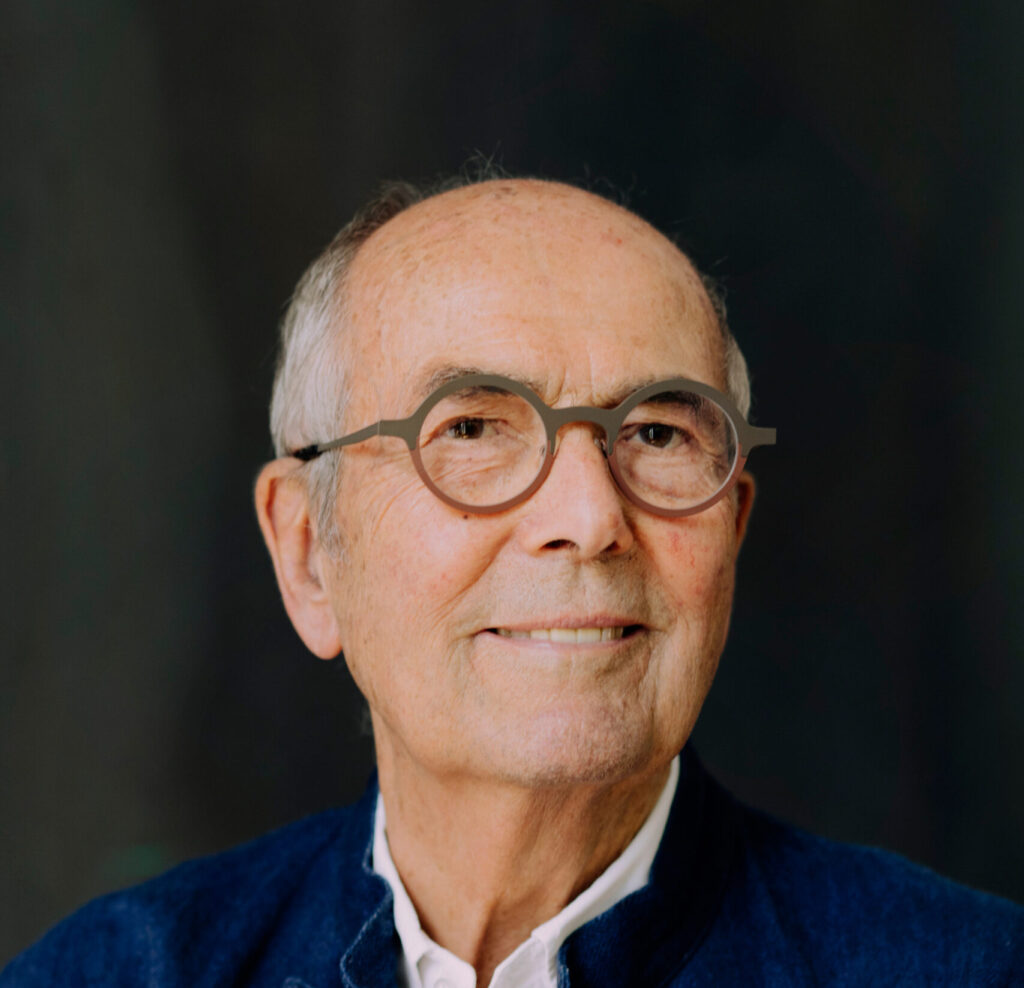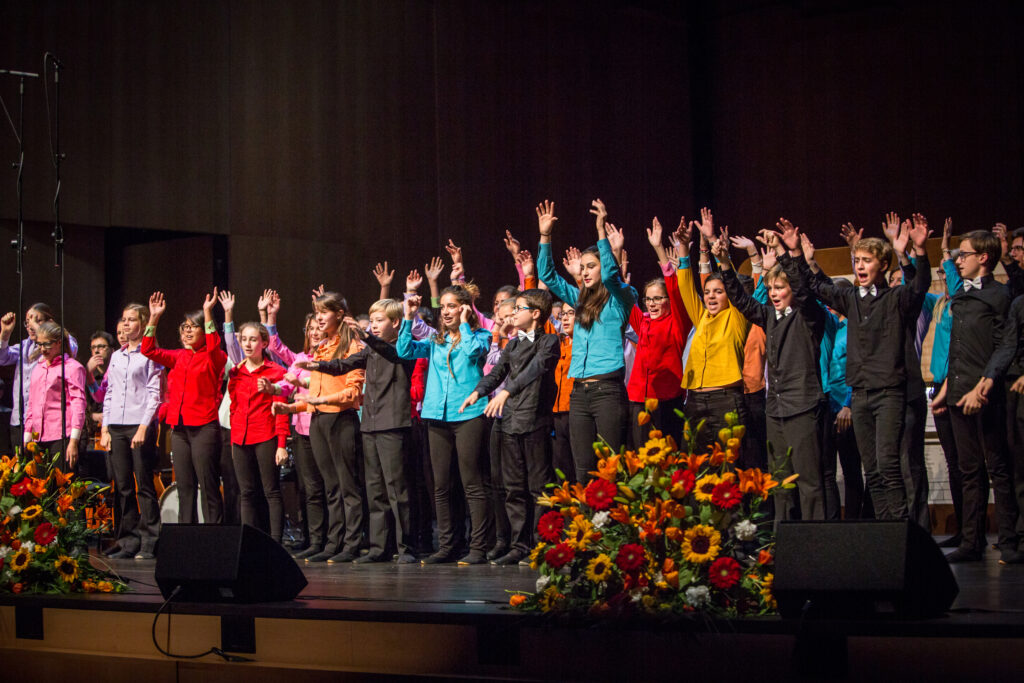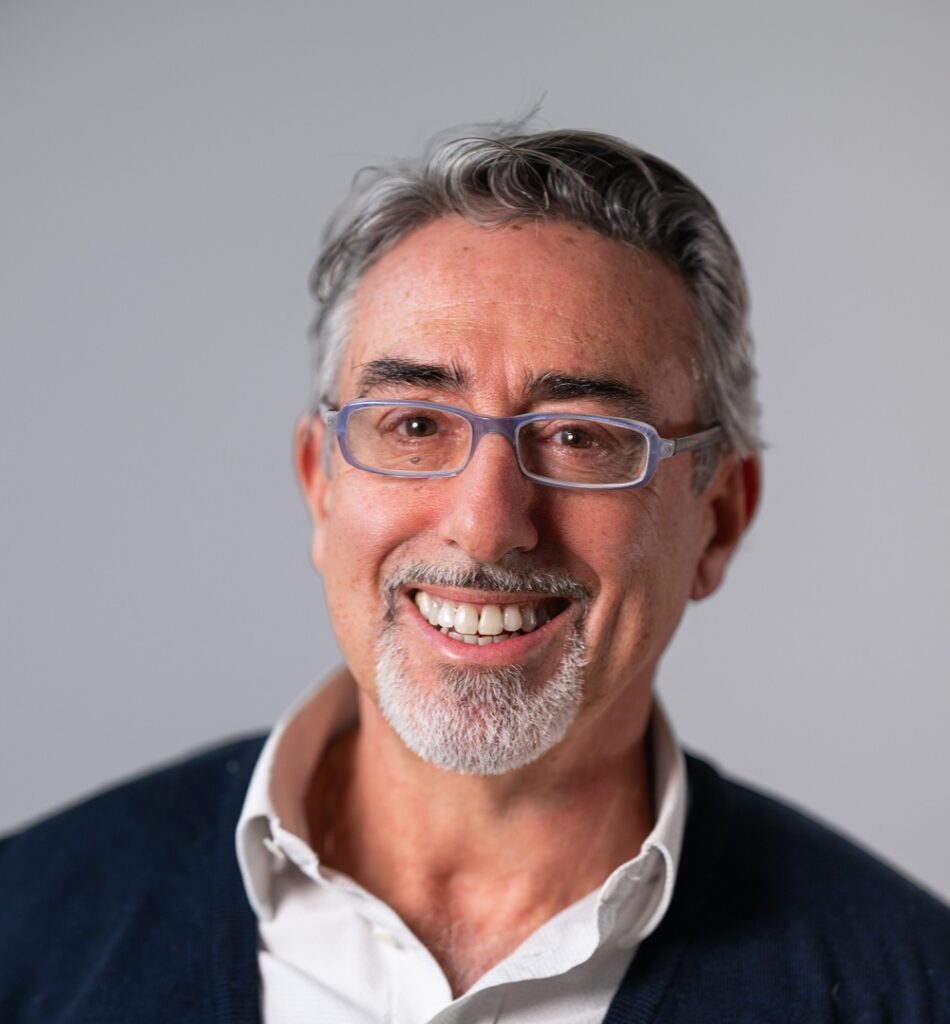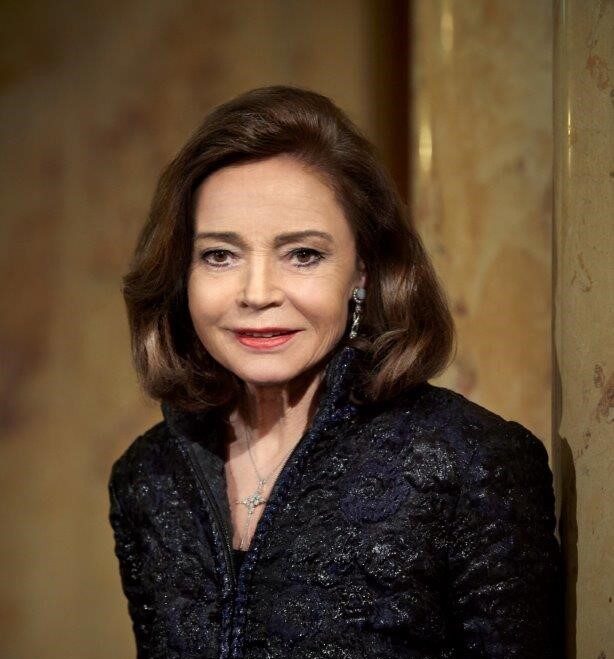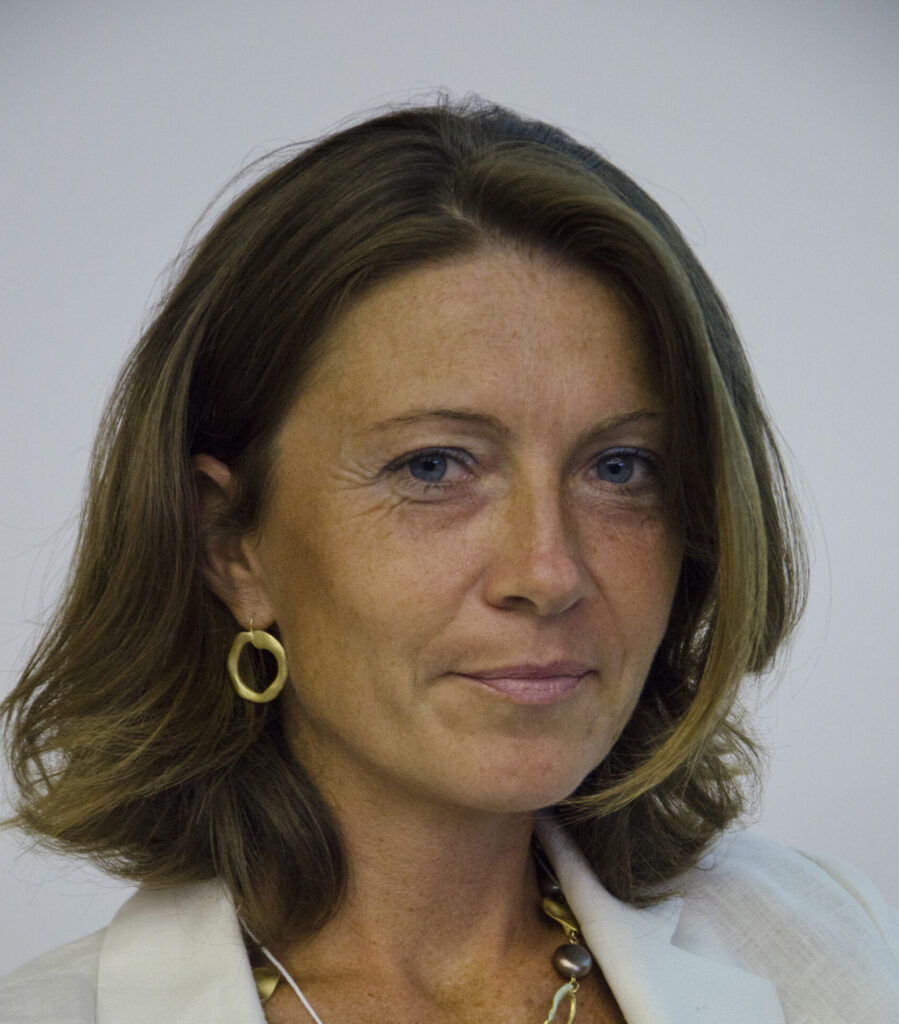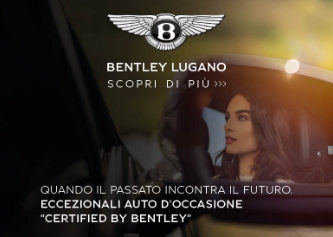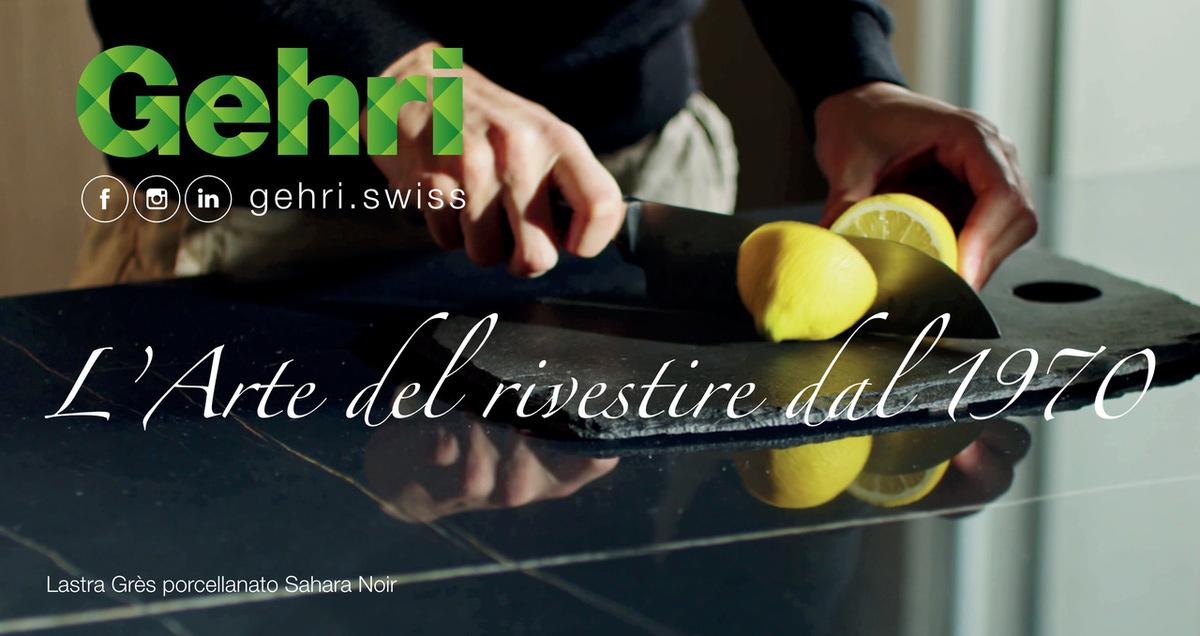Andrea Martina Studer, your professional journey has undoubtedly been shaped by key moments in your life. Could you share where you were born and raised, what you studied and the steps that led you to your current position? How has your academic background influenced your professional path?
«I was raised in a very open-minded, academic and liberal family in a village close to Winterthur. My mother, a psychologist, came from the French-speaking part of Switzerland and created a space for dialogue and discussion around food. My father, as a physicist and an avid pianist, brought a different perspective on the world, conventions, and society. Following years of intensive artistic gymnastics, I became actively involved in the Scout movement, reflecting my conviction to contribute to society and how we shape our collective future. My father travelled extensively for work, and I was fascinated by his stories from Africa and the Middle East. Always curious, I decided to study social anthropology and sociology in Zurich and Sussex, with the aim of acquiring a more equitable perspective on our world. And so, here I am».
What is your current role at Fondation Botnar and what are your main responsibilities?
«As CEO, I am responsible for leading our organisation in its work with and for young people. We recently revised our strategy to ensure the wellbeing of young people living, learning, working, connecting and playing in urban and digital spaces around the world. Fondation Botnar is a young organisation, so we are learning from our first years of experiences on four different continents. Together with the team, we aim to advance a world in which young people develop their societies collectively and sustainably and enjoy their rights, learning as we go».
The name ‘Fondation Botnar’ carries significance. Could you explain why it was chosen?
«The foundation is named after its founders, Marcela and Octav Botnar.
It was important to Octav that the projects the family funded would bear the family name. The foundation remains true to its humble family roots while maintaining the Botnars’ philanthropic legacy to contribute to improving the lives of children and young people worldwide».
Who were the founders of Fondation Botnar and what inspired them to establish it?
«We could say that Octav Botnar lived more than one life. He was born in Czernowitz in 1913, just before the outbreak of the First World War. At the time, Czernowitz belonged to the Austro-Hungarian Empire; today, it is part of Ukraine. Octav was once a convinced communist, a soldier, a German prisoner of war, a member of the French Resistance, an exceptional entrepreneur, a leader, and a notable philanthropist.
Following the tragic death of their daughter, Camelia, in 1974, he and his wife, Marcela, donated over USD 100 million to children’s causes. Octav and Marcela discussed in great depth what should happen to their considerable fortune after their deaths. They agreed that setting up a foundation would be the most effective way to achieve their philanthropic goals in the long term. After Octav’s death, Marcela founded Fondation Botnar in 2003 to continue their philanthropic work and support children around the world.
Following Marcela’s death in 2014, she named the foundation as the sole beneficiary in her will. The large endowment required solid governance structures and skilled management team to oversee operations, assets, and grantmaking. The large endowment required solid governance structures and a skilled management team to oversee operations, assets, and grantmaking. The management office, as it is today, was established in 2017 and has 25 collaborators».
What are the statutory goals of Fondation Botnar and how do they guide its mission and activities?
«We remain true to the entrepreneurial and courageous spirit of Octav and Marcela Botnar. First, we address the challenges and opportunities in urban and digital spaces to help create favourable conditions for young people’s wellbeing. Secondly, we invest in biomedical research for child and adolescent health and wellbeing. The Botnar family frequently supported biomedical research. The foundation has continued this support, focusing on children and adolescents, as biomedical research largely ignores their specific needs».
How is Fondation Botnar structured internally to achieve its objectives?
«Much of our focus is on how we can best support our partners in implementing critical work. We work in partnership, bearing in mind our own history and legacy in a postcolonial world and existing power systems. We are a small team with flat hierarchies – collaboration within the team and with our partners is key. This enables us to unlock the possibilities for how best to reach our set goals».
Could you share some insights into the current projects Fondation Botnar is working on?
«During our first eight years of operation, we collaborated with various organisations, testing how we could shape cooperation differently. Our refined strategy is the result of a structured reflection process to identify ways to further increase our impact with the available resources. This includes a systemic approach to learning and how we can observe results that go beyond the numbers. It also involved considering how changes in the ecosystem can provide better opportunities for young people».
The concept of systemic philanthropy is gaining attention. Do you personally believe in systemic philanthropy and how does Fondation Botnar incorporate it into its work?
«Absolutely — as a foundation focused on improving the lives of young people, we recognise that wellbeing is shaped by a complex mix of personal, environmental, and societal factors. That’s why we take a systems-based approach: looking at the system as a whole. Instead of looking for predictable cause-and-effect relationships, we consider how different factors interact and influence each other – often in unpredictable ways.
This approach helps us see the bigger picture. It gives us an understanding of the interconnected factors affecting young people’s wellbeing. This is essential for designing relevant, effective and sustainable projects. We need to think about partnerships in a new way. Building strong, flexible, and long-term partnerships is key. Working towards systemic change requires time, sustained effort and dedication from all stakeholders. It also requires us to learn together and adapt as we go — because working in complex systems means things rarely go exactly as planned».
During the upcoming SwissFoundations symposium “Mission Possible”, the roundtable discussion “Conversations on Leadership and Collaboration Between Foundation Boards and Executive Leadership” will explore key topics vital to the life and operations of foundations. What concrete approaches do you anticipate will be discussed to strengthen governance, resilience, and sustainability? How do internal dynamics between the Foundation Board and Executive Leadership shape a foundation’s ability to adapt to change and create lasting impact?
«It will be a great opportunity to learn from our peers regarding their experiences. How, for example, do we act in our roles, and how do we define and understand them in a mutual way? In a constantly changing and increasingly turbulent world where values are suddenly being interpreted in different ways, how can we continually reflect on and agree on our institutional mandate? How can we adapt and reimagine our approaches in collaborating with our partners and the broader ecosystem?
Clear roles and responsibilities, a two-tier structure that separates governance from management, and strong, trusting relationships — especially between the CEO and Board Chair — enable effective decision-making, empower leadership, and support sustained, strategic change in an evolving environment».
Looking ahead, what are the key priorities for Fondation Botnar in the coming years?
«We are privileged to have the responsibility of managing a large endowment with a clear and meaningful mandate. The world of today’s young people is a very different one from the one I experienced — and our priorities reflect that shift. Young people are under immense pressure in a constantly changing world that moves at an extremely high pace. Growing economies, performance expectations, social conventions, information overload, social media, instability and shifting values – how do you cope as a young person with these challenges? How do you find your compass?
I would like to mention two of many of our priorities: Our responsibility is to accompany this generation so that they have a voice and participate in the decisions that affect their future. We need to listen and learn and support initiatives that create and protect spaces where young people can realise their agency.
This cannot be achieved in a week, a month, or even a year—you need hope and collective energy to go from voice to agency and action. Our partner organisations, including those that are youth-led, do so, and together with them, we bring their voices to the global level, working with the UN, governments, and global NGOs. Moreover, in line with the legacy and values of our founders, we invest in purpose-led start-ups through venture philanthropy. This involves taking risks and embracing new approaches and instruments in international cooperation».
Andrea Martina Studer end Fondation Botnar: mission possible
The workshop «Conversations on Leadership and Collaboration Between Foundation Boards and Executive Leadership” is one of fourteen sessions at the Swiss Foundation Symposium MISSION POSSIBLE, held in Bern, 3. September 2025.
The Swiss Foundation Symposium is organised annually by SwissFoundations, the association of Swiss grant-making foundations. It serves as a place to network, for further education and as a discussion platform for current and trendsetting topics in philanthropy. Registration is closed.


